- Free schools for IDP children in Arakan State struggle to stay open amid funding shortfall
- Female-headed IDP households in Ponnagyun Twsp struggle as commodity prices surge
- Min Aung Hlaing likely to take State Counsellor role in post-election government formation: Analysts
- Hindus express hope for educational reform under AA administration
- Arakanese zat pwe performers struggle to survive as conflict halts traditional shows
PPST to push for immediate release of detained political leaders
The Peace Process Steering Team (PPST) has announced that it will strive for the unconditional and immediate release of all people, including political leaders, detained after the military seized power, while advocating for a political approach over armed confrontation with Myanmar’s military regime.
09 Sep 2021
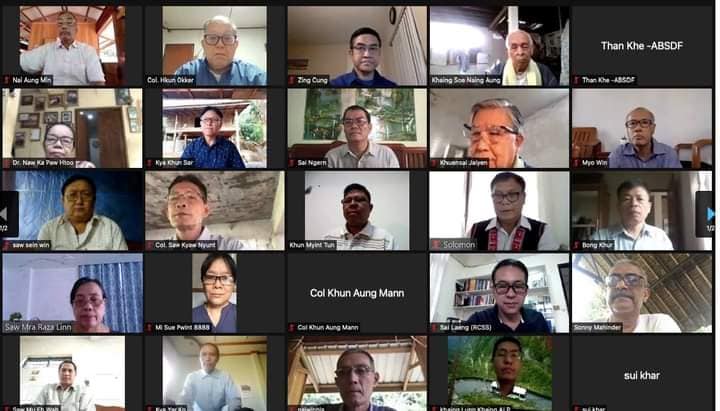
DMG Newsroom
9 September 2021, Yangon
The Peace Process Steering Team (PPST) has announced that it will strive for the unconditional and immediate release of all people, including political leaders, detained after the military seized power, while advocating for a political approach over armed confrontation with Myanmar’s military regime.
PPST spokesman Colonel Sai Ngin of the Restoration Council of Shan State (RCSS), a PPST member, was giving remarks at the end of a three-day PPST meeting on September 9, saying he spoke on behalf of the PPST leadership.
“We’ve messaged people about the PPST’s stance on the future political landscape and solving current political dilemmas,” he said.
The PPST is made up of representatives of the 10 ethnic armed group signatories to the Nationwide Ceasefire Agreement (NCA). It was formed in 2015 to guide the NCA signatories’ ongoing peace talks with the government and military.
But following the military coup, the PPST said on February 20 that it would suspend political discussions with the junta government.
In a statement this week, the PPST said it had set seven political goals to address the country’s current political problems based on NCA guidelines, including notions of solving political problems in political ways; holding dialogues that are meaningful and inclusive; protecting civilians; and handing over the country’s power to a civilian government quickly, in line with democratic norms.
It has been more than seven months since the military seized power in a coup on February 1, with a nationwide anti-regime movement continuing to protest the dictatorship in various ways, including armed resistance. “People’s Defense Forces” (PDFs) have sprung up across the country to combat the junta, and some ethnic armed groups have seen renewed fighting with the Tatmadaw in the post-coup period.
The National Unity Government (NUG) declared a nationwide state of emergency on September 7, with the NUG’s acting president calling for a “people’s defensive war” against Myanmar’s military regime.
“Regarding declaring a nationwide state of emergency, our PPST saw it as a political attempt of the NUG during this period,” Colonel Sai Ngin said.




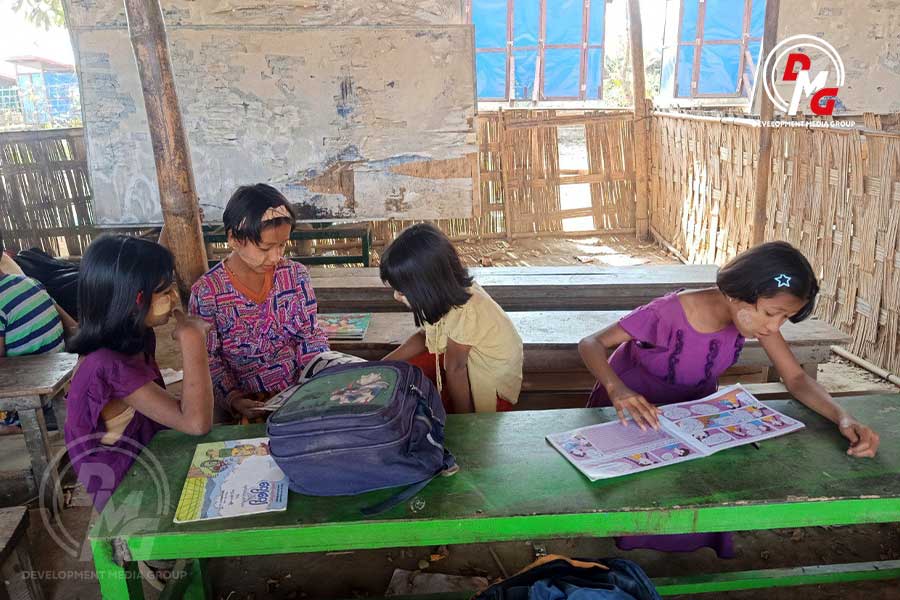
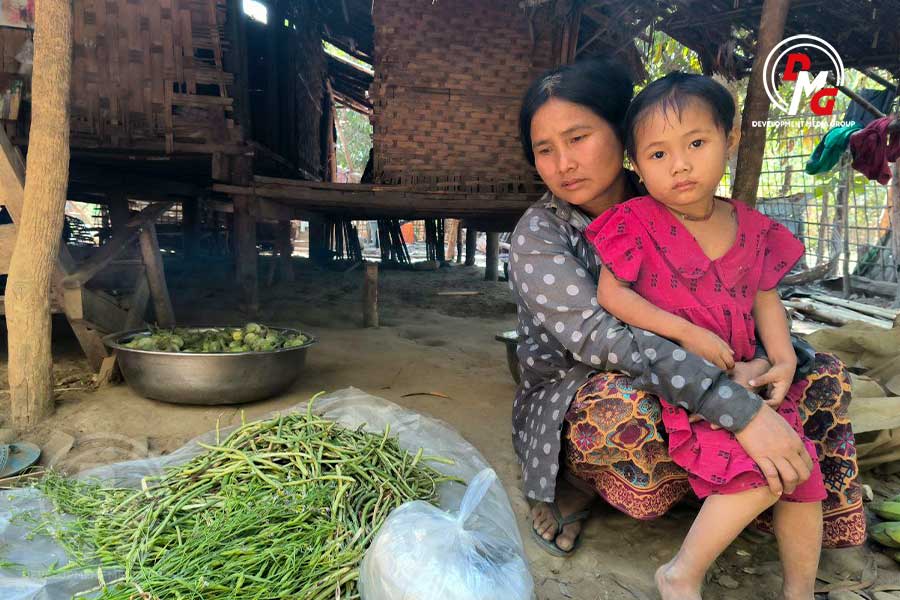
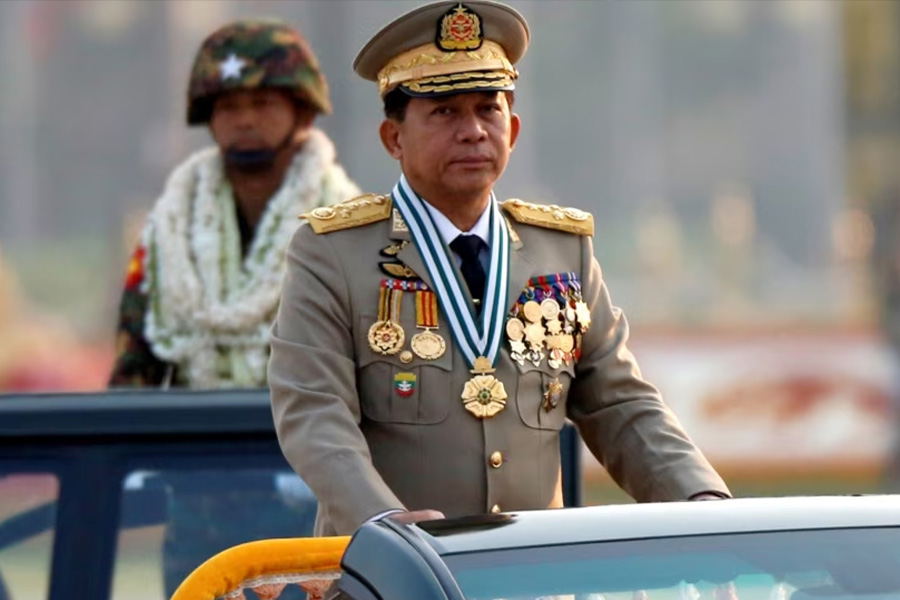
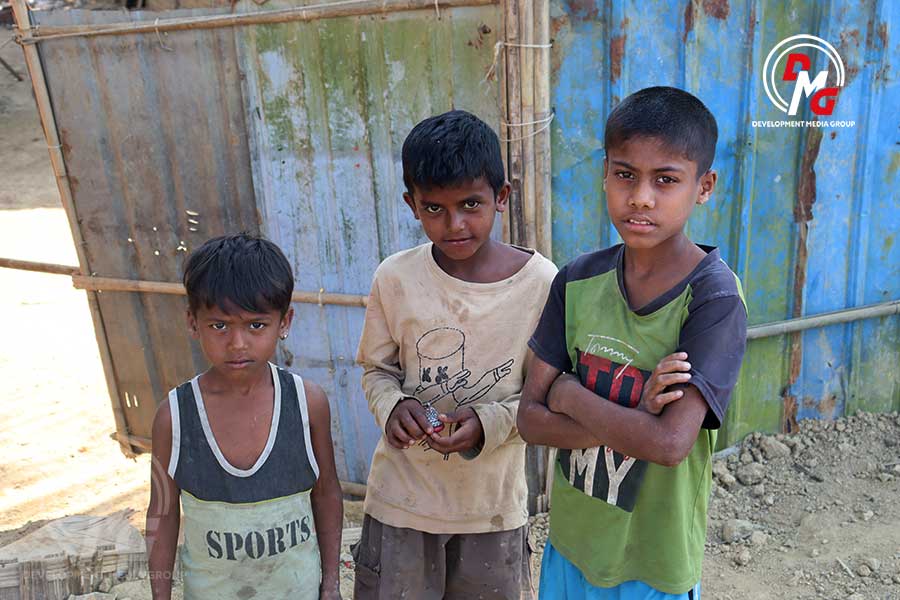
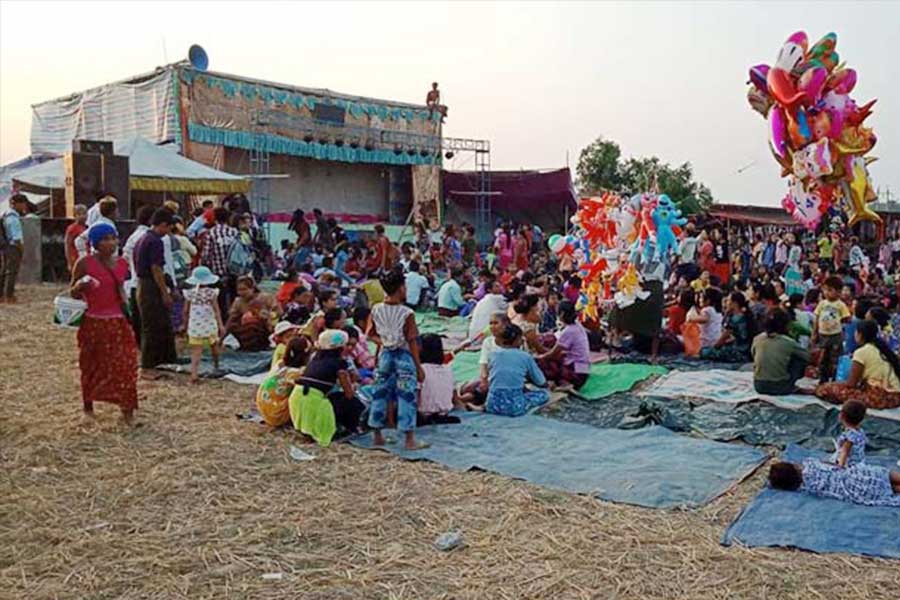








.jpg)